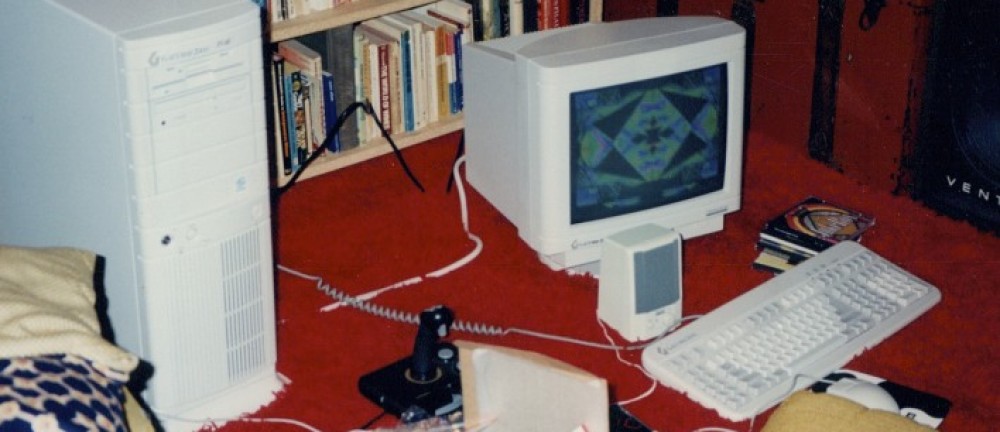This week on divergent opinions, we ran through a handful of interesting announcements from CES, and did some in-depth discussion of Belkin’s WeMo line of home automation devices. While not a new field of technology by any stretch, the home automation industry is in a period of rapid iteration at the moment, so I’ll be watching it closely.
discretecosine.com

I haven’t had a chance to listen to this yet, but I’m very interested. How are these devices being marketed specifically for use by older people, especially those with dementia?
Well, one of the areas I’m most interested in is adding additional sensors to this type of thing. It has a lot of potential to help with early-stage dementia I think, as it becomes more integrated. For example, being able to make sure your garage door isn’t left open, or your stove isn’t left on by accident, and potentially reporting information back to a caretaker. (If there hasn’t been motion in this room for more than X period of time, send a text message to so-and-so or similar).
Uses like that are at least more interesting than just having a sexy way to turn your lights off when you want to watch a movie.
I think people are already doing this (e.g., seeing how long it’s been since someone has moved in the room) and there’s a lot of talk about adult children tracking parents in all kinds of ways (e.g., have they taken their medicine). Some older adult groups are doing some push back with regard to privacy concerns — Big Brother is now your son or daughter. Here’s a cartoon done a couple of years that speculates on this: http://columbia.news21.com/2010/welcome-to-elderland.html